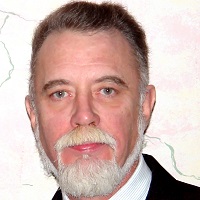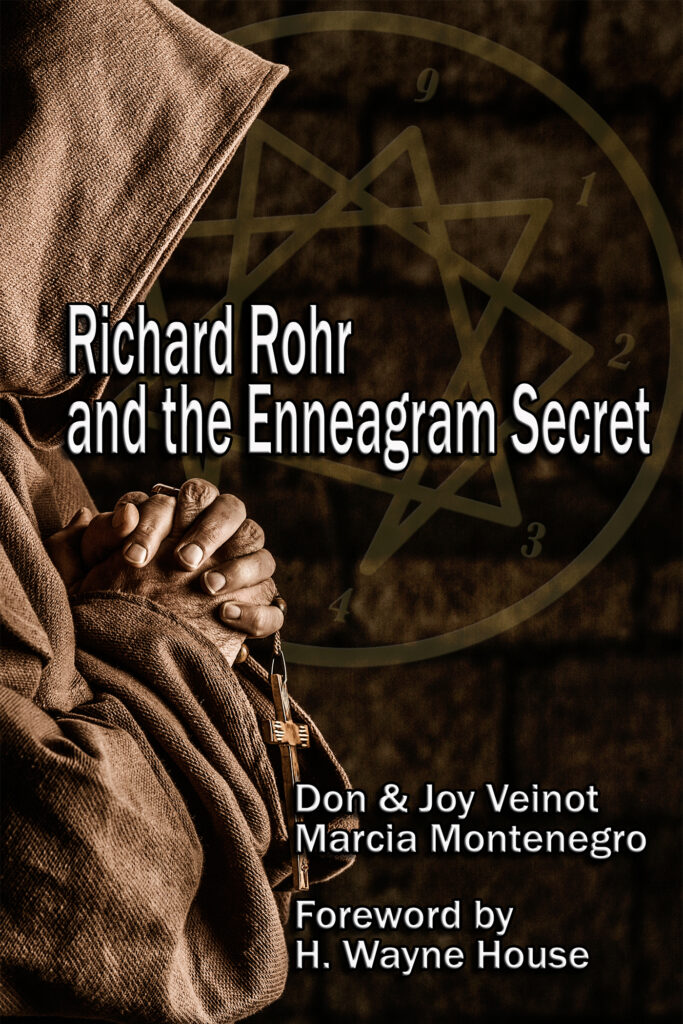

Are there any books or authors that inspired you to become a writer?
I never intended to be an author but was drawn to it through the books by J. R. R. Tolkien, C.S. Lewis, Mark Twain, Norman L. Geisler, and many others. Their themes and writing styles varied, but there was a connection. Tolkien, Lewis, and Mark Twain wrote morality tales and did so in imaginative and often humorous ways. Lewis and Geisler also wrote, making a reasoned defense for the existence of God, truth, and the basis for morality, without which there would be no such thing as a morality tale. In all cases, they thought deeply about life and invited the reader into their private thought life and, like an old friend, did so with humor and satire to make a point. It has been said that five years from now, we will be the same person we are today except for the books we read and the people we meet. Books have the ability to inform and transform us, shape and inform our view of the world and others to the good or the bad, but they never leave us the same.
As a child, what did you want to do when you grew up?
I wanted to be a cowboy. I was drawn to the characters who were less concerned about what others thought of them and more concerned about doing the right thing despite the consequences. Gary Cooper, John Wayne, and others who could care for others, defend the defenseless and found to particular benefit in backing down. Oddly, as a teenager, I met a young lady when I lived in the western suburbs of Chicago because I was wearing a cowboy hat and boots. She decided she wanted to meet me; we dated, married three years later, and have been married fifty-three years now. I still wear cowboy hats and boots. It is sort of a trademark. We write books and articles together exposing false religious teachers and giving a reasoned defense for what is true while using humor and satire in the process. So, in a way, I suppose I grew up to be what I had wanted to be.
At what point do you think someone should call themselves a writer?
This one is more difficult. Everyone who writes is a writer, but I don’t believe we are the best judges of ourselves or our work as to how good of a writer we may be. I tend to do best when I am writing about something that is of interest to me. I am pushed to improve as I have other review, critique, and red pencil what I have written. It also means I cannot become too emotionally attached to my work. Some of it may have to go, be better defended, worded or dropped altogether. I am also fortunate that my wife and I write as a team. Our books and articles are non-fiction, but we find they are best received and understood in narrative form. When others are drawn into and understand your story, I think you have arrived at being recognized as an author. The more you refine your skills after that, the more the audience that appreciates your tales will increase.
Do you hear from your readers much? What kinds of things do they say?
We hear quite a bit from our readers. Most are grateful for what we write, some insist we are the meanest people on the planet, but few who read our stuff are neutral. Most of what we write addresses people’s spiritual lives. If they are or have been trapped in spiritually abusive groups or belief systems, they gain a sense of freedom, an understanding of how they were deceived, and tools to help them prevent that from happening again.
Do you play music while you write — and, if so, what’s your favorite?
I don’t listen to music or other media, for that matter. I need good concentration to make sure I choose the right word or phrase to convey an idea. I have found I miss essential points when I am distracted.
Do you prefer ebooks, printed books, or audiobooks most of the time?
I like them all but for different things. I like printed books because I like the feel and smell of the book and the turning of the page. I like ebooks for research. They are easy to highlight and copy quotes I will be citing, saving me from having to type them out. I often use ebooks and audiobooks together. Listening to the book gives me a sense of what the writer is communicating differently than the written word, but if there is a really good quote, I can turn to the ebook to copy and paste.
Does writing energize or exhaust you? Or both?
Mostly, writing energizes me as I flesh out the development of an idea on the written page. I can then move it around, look at it from different angles, and get a feel for how others might see and understand it. It is often the case that as I work on a project, what I begin to do is not at all what I end up doing, and it is fun to see the finished product.
Have pets ever gotten in the way of your writing?
No, I haven’t had pets get in the way of my writing. I have a cat, and he has a bed on the corner of my desk where he sometimes watches me or naps. I also open a window so he can lie on the sill and watch the birds, trees, and neighbors walking on the sidewalk. I have to make sure I get up and walk around every couple of hours, and he reminds me when it is time to get the blood circulating in my legs.
Have you listened to any audiobooks? Which did you enjoy the most?
I listen to audiobooks all the time. I usually read one book a week and listen to one audiobook a week. I am pretty eclectic in my tastes with one constant: it has to be a good morality tale. Since I write about current real-life issues, I like dystopian and science fiction. I find historical fiction fascinating and also enjoy good whodunnit novels.
What would you say is your interesting writing quirk?
This question dovetails with “What is a significant way your book has changed since the first draft?” When I finish writing the book, I ask myself, “Why is this important?” What history led to the origins of what I am writing about? What does the reader need to know that wasn’t clearly addressed? I end up either adding a Prologue or, in this case, adding a new first chapter as a road map of the origins and characters involved in developing and promoting the deception I and my co-authors are addressing. The Epilogue or last chapter answers the “So What?” question.
Book webpage – https://midwestoutreach.org/enneagram/
The first chapter is online there and purchasing links to BookBaby (the printer) and Amazon
Facebook – @Don Veinot
X (Twitter) – @DonVeinot
LinkedIn – @donveinot
youtube.com/c/MidwestoutreachOrg